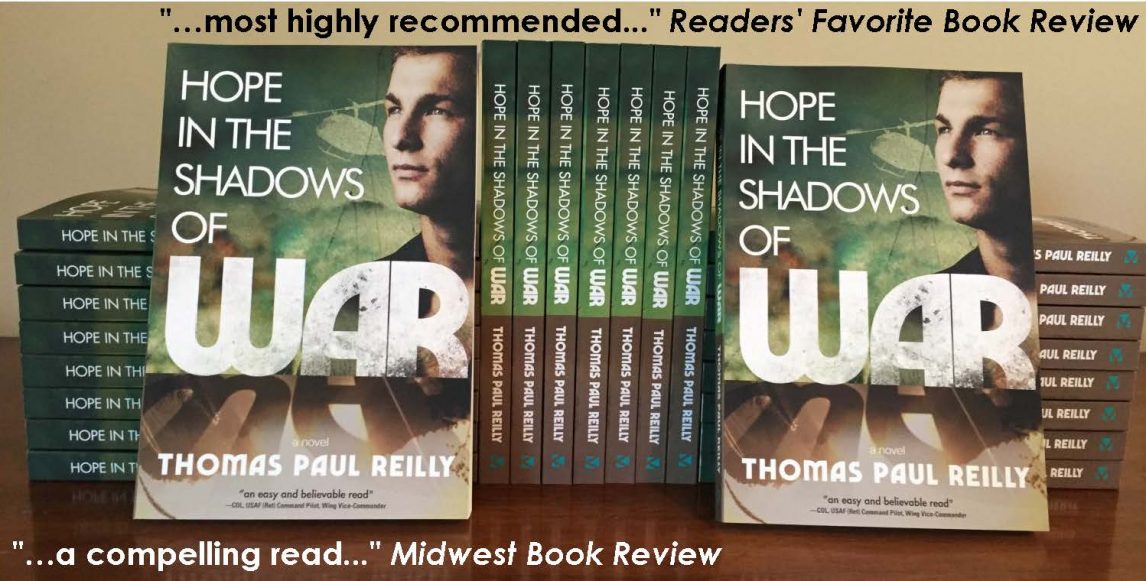 Hurting makes us human.
Hurting makes us human.
I was talking with my adult daughter about my new book, a novel on coming home from the war, and I told her that I was surprised that PTSD played such a major theme in this story. She asked me if I was affected by the war, and I told her that I felt anyone who experienced war was affected. She said two profound things, “How could you not be affected by it?” and “What would it say about you if you were not affected by it?”
That returning veterans react to their experiences is one of the most normal things they can do for themselves. This is one of the paradoxes of war. Reacting to trauma reinforces our humanity. Trauma is trauma. War, the loss of a loved one, natural disasters, disease, or the loss of innocence cast long shadows. Grieving in post-trauma is one of the most human things people can do for themselves. Grieving is an attempt to hang on to what we were before we became who we are. Grieving is the price we pay for caring.
People say, “Move on.” In theory, it sounds good—simple. In reality, it’s tougher. The moving part makes sense. Keep moving. Trauma travels with its victims. It seeks a place to settle in our psyches. To keep moving means to keep living. Get up in the morning. Get dressed. Get moving. With time, the load we carry lightens. Remember, if you grieved it means you cared. It was your attempt as a good person to hang on to your humanity.
Tom Reilly is a professional speaker and author of Hope in The Shadows of War (2018, Koehler Books). You may visit him online at www.TomReillyBlog.com.


So true Tom. Keep moving my friend, keep moving.
I would love to read your book in its entirety. Thank you for your service and your sacrifices. Welcome home.
Best regards, Emily
Thanks, Jeff.
Thanks, Emily for your words. It was our honor to serve.
That is my response to people when they thank me for my service. “It is an honor to have served.” For more than three decades, more often than not, we were ridiculed (the generation who couldn’t win a war), questioned (“How could you kill women and children?” “Don’t you feel any remorse?”), and labeled as mentally unstable (“Don’t put that you are a Vietnam Vet on your resume, HR thinks you are high risk for being mentally unstable.”) That rejection was more damaging in our personal post war lives than our actual service. PTSD was not yet considered a real condition. But we who fought and lived in Vietnam, with our myriad individual experiences know the Truth about what we did and how we served and why. It is good to finally receive recognition for our sacrifices. I honor all who serve the cause of freedom in military service. Especially in time of war.
Thanks, Bruce. Well said.